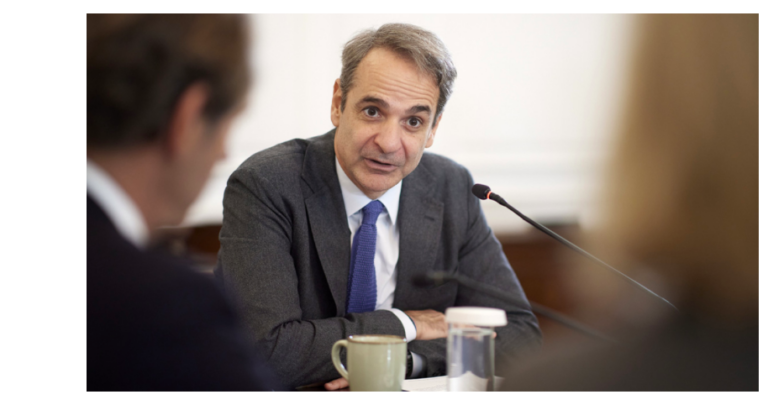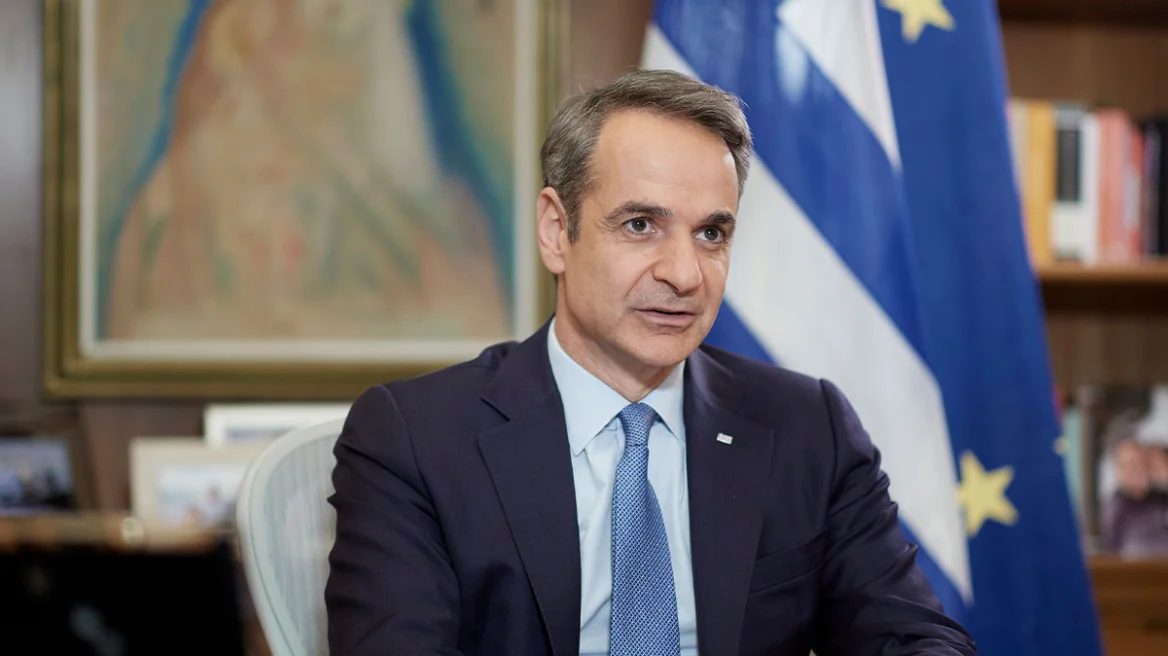On Wednesday, Catalonia’s separatist parties agreed to re-elect fugitive Carles Puigdemont, as President of the region, in spite of the pending warrant for his arrest for rebellion, sedition and misuse of public funds.
Puidgemont is currently in Brussels, along with other four members of his cabinet, after a failed attempt to secede from Spain, and will face immediate arrest if he ever returns in Spain. In December, via social media channels from Brussels he was adamant that Spain should “recognize the election results of 21 December and start negotiating politically with the legitimate government of Catalonia.”
Even though the Catalan assembly’s regulations are ambiguous about the possibility of governing from afar, the unionists argue that it’s impossible to do so.
The separatists’ dominance of the chamber, who currently hold 66 from 135 seats along with the support of 4 anti-establishment lawmakers, depends on jailed or fugitive elected lawmakers who won’t be able to vote unless they are released or give up their seats to someone else on the party list.
In an editorial published on Politico, Puidgemont highlighted that the desire to secede from Spain is on the rise, despite all the difficulties it faces, such as the fact that several separatist lawmakers are either in exile or in jail.
But the legal battle does not only concern the ousted President, but also his former VP, Oriol Junqueras. On Friday, the Supreme Court judges ruled that he must remain in jail, while the investigation for rebellion and other charges continues, as according to them, there was no sign he intended to change his ways, and as such there was a risk he might again commit crimes.
With those news in mind, former Catalan president Artur Mas announced Tuesday he is resigning as head of his regional pro-independence party, saying he wants to clear the way for a new generation of leaders pushing for secession from Spain. It is reminded that Mas was Catalan president between 2010 and 2016 before stepping aside, handpicking Carles Puigdemont as his successor.
Apart from ideological reasons, Mas cited legal reasons for his decision, as last year he was banned from holding public office for two years after being found guilty of disobeying Spain’s Constitutional Court by holding a mock Catalan independence referendum in 2014.
Source: thegreekobserver.com
Ask me anything
Explore related questions





